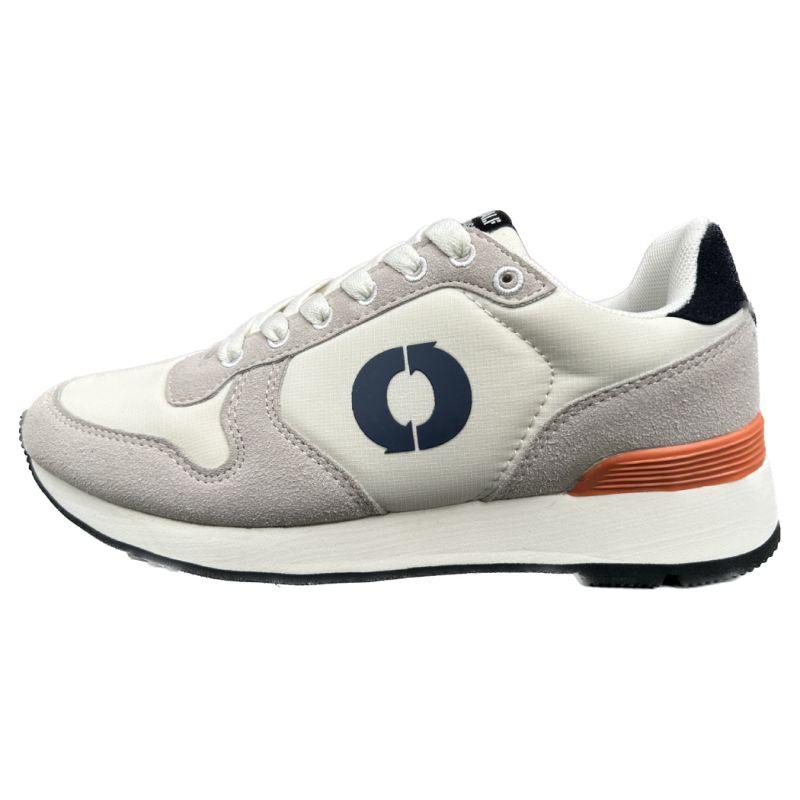The fashion industry is undergoing a profound transformation, as consumers increasingly seek sustainable and ethical alternatives to traditional products. One significant shift gaining momentum is the rising popularity of vegan shoes and sneakers. Crafted without the use of any animal-derived materials, these cruelty-free footwear options are gaining widespread recognition as a sustainable fashion choice. In this article, we will explore the various reasons why vegan shoes are considered a sustainable option, shedding light on their positive impact on the environment, animal welfare, and human health. By understanding the core principles and innovative practices behind vegan shoe production, we can appreciate the immense value they bring to our journey towards a compassionate and eco-friendly future.
Embracing Ethical Fashion – The Essence of Vegan Shoes
- The Ethical Dilemma in Conventional Footwear Conventional footwear, often made from animal skins and leather, raises numerous ethical concerns regarding animal exploitation, cruelty, and unsustainable practices. The demand for leather drives extensive deforestation and land degradation, as well as the release of greenhouse gases. By choosing vegan shoes, consumers actively distance themselves from supporting these detrimental practices, promoting a more ethical and humane approach to fashion.
- Cruelty-Free Footwear for Compassionate Living Vegan shoes stand as a symbol of compassion, as they spare countless animals from suffering and exploitation. Animals, often raised in inhumane conditions, endure painful practices for leather production. By choosing cruelty-free materials, we contribute to a world that values the well-being of all living beings, encouraging a harmonious relationship between humans and animals.
Unveiling the Sustainability of Vegan Materials
- Innovative Plant-Based Alternatives Vegan shoe manufacturers have embraced innovative materials derived from plants, offering sustainable alternatives to traditional leather: a. Pineapple Leather (Piñatex): Utilizing fibers from pineapple leaves, Piñatex presents a lightweight, biodegradable, and sustainable option that supports local farming communities. b. Cork: Harvested from the bark of cork oak trees, cork provides a renewable and natural material that is biodegradable and environmentally friendly. c. Eucalyptus Fiber: Sourced from the eucalyptus tree, this breathable and biodegradable material offers comfort and sustainability.
- Recycling and Reducing Waste Vegan shoes often incorporate recycled materials, reducing the burden on the environment and promoting a circular economy: a. Recycled PET (rPET): Repurposed from plastic bottles, rPET reduces plastic waste while providing a versatile material for shoe components. b. Recycled Rubber: Reclaimed from discarded tires, recycled rubber outsoles reduce waste and conserve natural resources.
The Footprint of Vegan Shoes on the Environment
- Lowering Carbon Emissions The production of vegan shoes generally requires fewer resources and generates lower carbon emissions compared to conventional leather shoes. With the exclusion of livestock farming and extensive land use, vegan shoe manufacturing has a significantly reduced environmental impact.
- Water Conservation The production of leather often demands vast amounts of water for tanning processes, leading to water pollution and scarcity. Vegan shoes, on the other hand, rely on water-efficient plant-based materials, easing the strain on freshwater resources.
- Reducing Deforestation Leather production contributes to deforestation, as forests are cleared to make way for grazing land. Choosing vegan shoes promotes forest preservation, as plant-based materials like Piñatex and cork rely on sustainable agricultural practices.
Human Health Benefits of Vegan Shoes
- Eliminating Harmful Chemicals Conventional leather tanning involves the use of toxic chemicals such as chromium, which can pose health hazards to tannery workers and surrounding communities. Vegan shoes eliminate exposure to these harmful substances, ensuring a healthier working environment.
- Promoting Fair Labor Practices Vegan shoe brands often prioritize fair labor practices and ethical working conditions, supporting human rights and social justice in the fashion industry.
The Rise of Vegan Sneakers – Bridging Style and Sustainability
Ethical Athletic Footwear Vegan sneakers have emerged as a preferred choice among athletes, fitness enthusiasts, and fashion-conscious individuals. Brands like Adidas, Veja, and Native Shoes have embraced sustainable practices, offering a wide range of cruelty-free and stylish sneakers.
Conclusion:
Vegan shoes and sneakers have carved a sustainable path in the fashion industry, embodying ethical values, compassion towards animals, and a reduced environmental footprint. From innovative plant-based materials to recycling initiatives, vegan shoe production fosters a brighter future for our planet. By opting for cruelty-free and eco-friendly footwear, we empower ourselves as consumers to shape a more compassionate and sustainable world. With every step we take in vegan shoes, we move closer to a future where style and ethics seamlessly converge, inspiring a harmonious coexistence between fashion, nature, and humanity.




